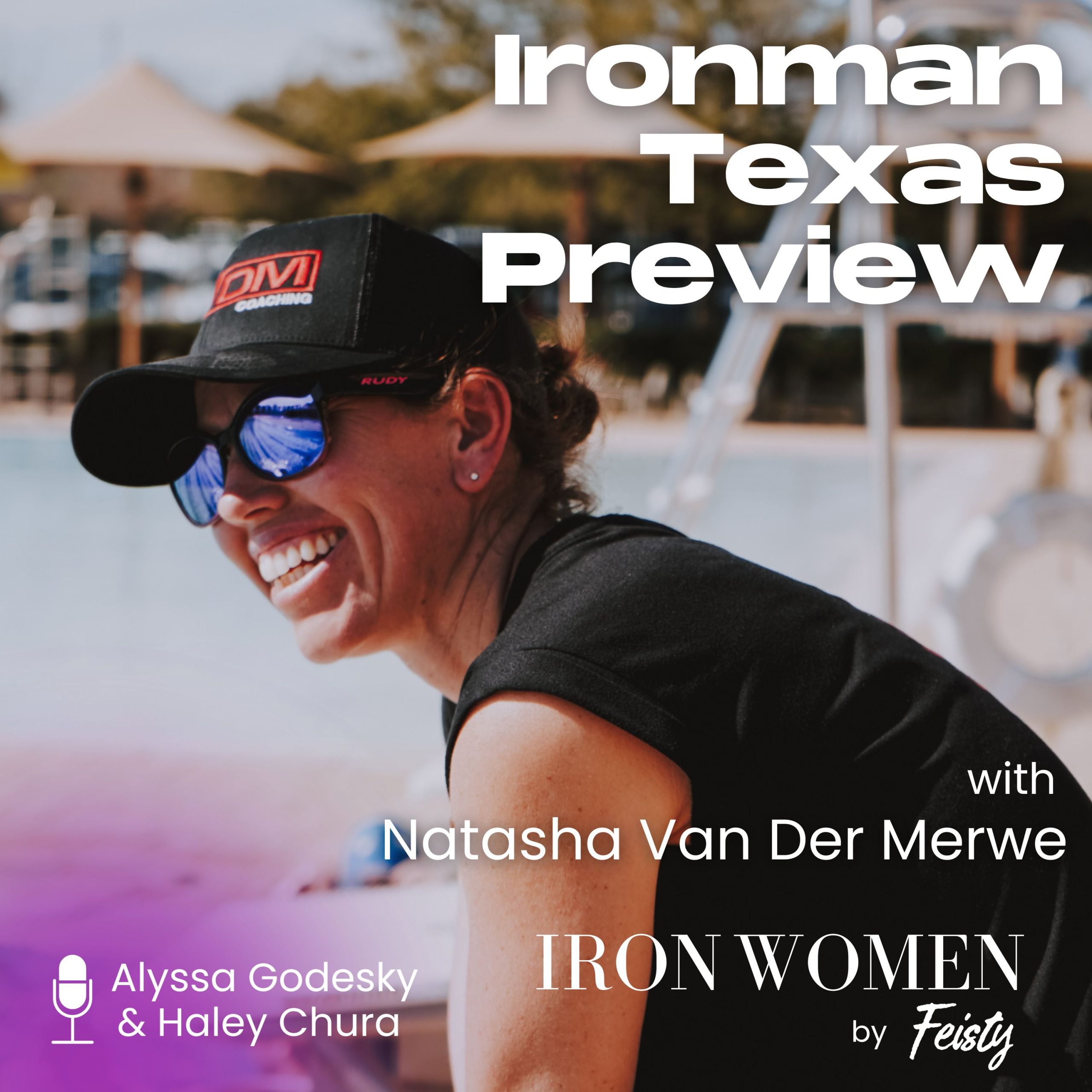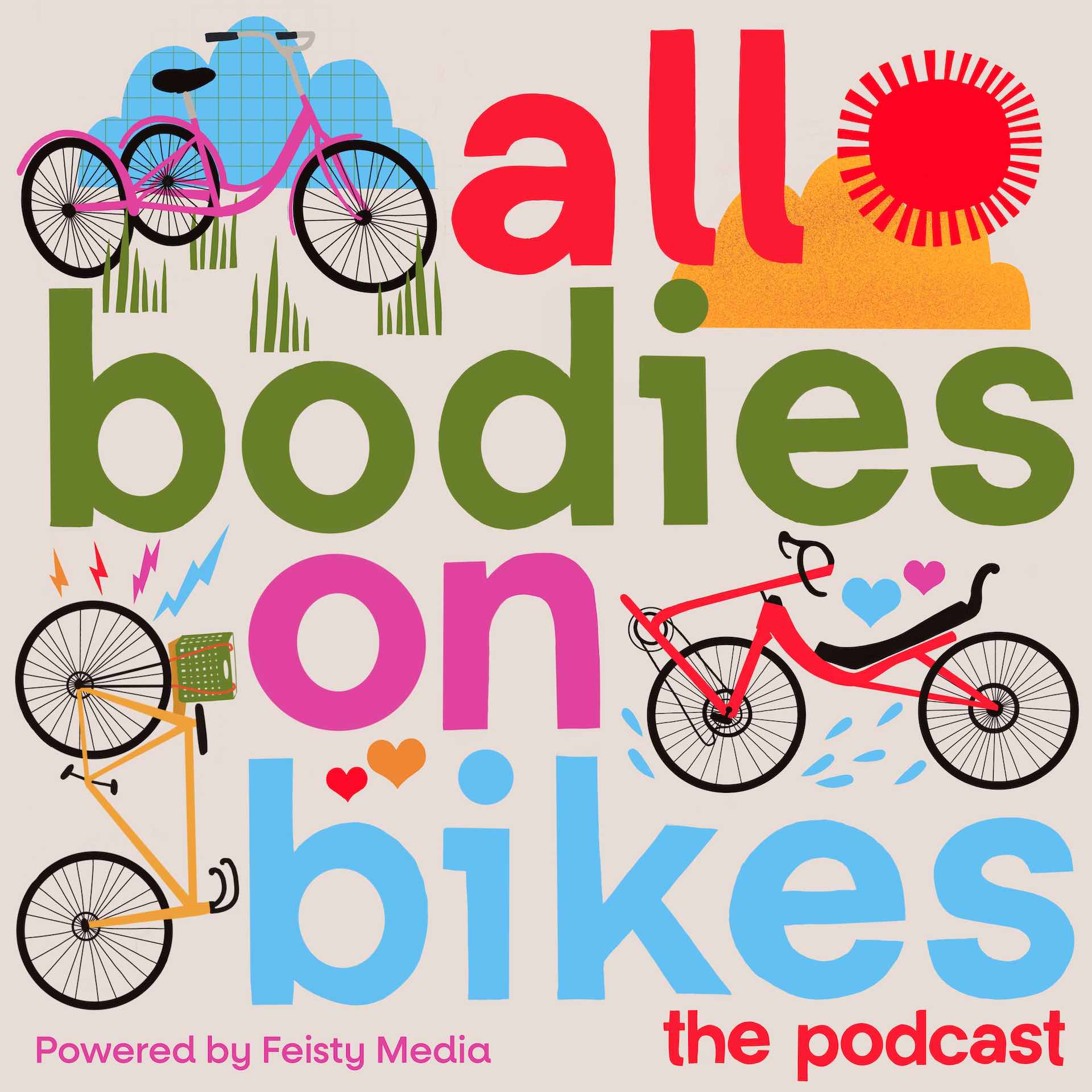April 12, 2020
Navigating Uncertainty as an Athlete
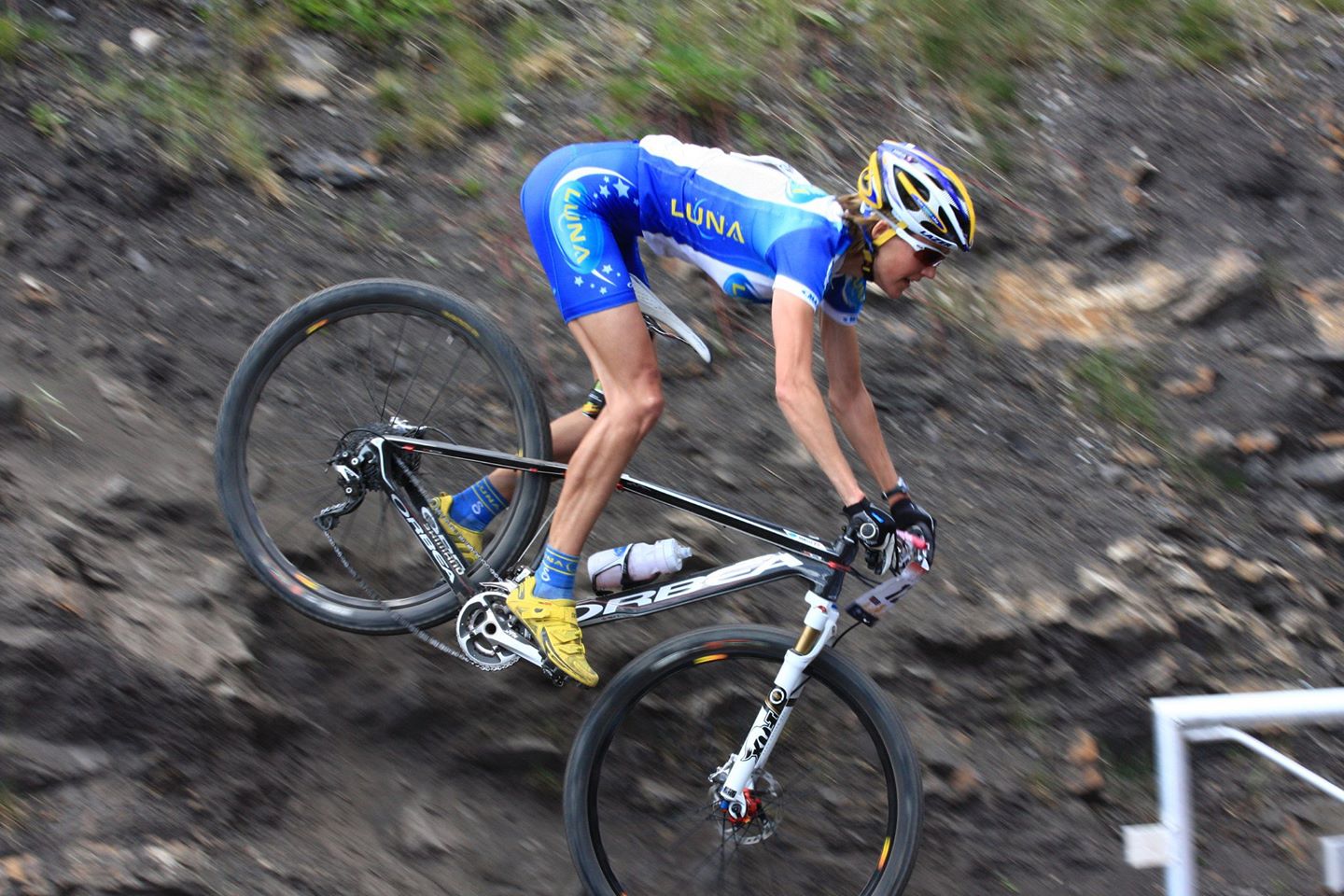
Danelle Kabush, PhD in sports psychology, offers athletes strategies for managing these uncertain times.
Text by: Ellen Pennock
When I go into race seasons, I like to think of all possible scenarios. It gives me a sense of control and makes me feel like I will be prepared for any possible outcome. I imagine the best case scenario- things go better than planned. I imagine things going completely average. I think of things going poorly, maybe to protect myself from disappointment.
Never in a million years did I imagine that a global pandemic would completely disrupt not just the race season, but life as we know it.
This is why I reached out to Danelle Kabush, PhD in sports psychology and retired professional mountain biker. Danelle works as the Associate Program Director for City University’s Masters of Counseling Program, as a sport psychology contractor consultant with the Canadian Sport Institute – Pacific (CSI-P) and in private practice as a registered clinical counsellor. She helps national team athletes from a variety of endurance sports, including triathlon, athletics and rowing, as they prepare for World Championships and Olympic Games. As an athlete herself, Danelle has raced her mountain bike for the Luna Women’s Professional Team and is a three-time Xterra World Championship medalist.
I don’t know about you, but I personally have never experienced a global pandemic. If you too are feeling a bit ill-equipped to deal with this whole global pandemic thing, Danelle offers guidance and a means of navigating these uncertain times.
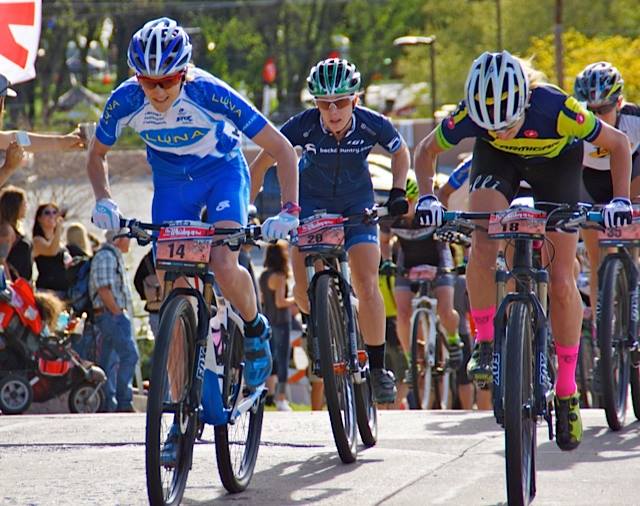
EP: Athletes have said the uncertainty of not knowing when they can next race has been hard. How can they make this uncertainty feel less uncomfortable?
DK: Whether you’re an athlete at the beginning of a season, or have been in top racing shape, the uncertainty of not knowing when you’ll toe the start line next can feel destabilizing. Along with all sorts of other emotions like disappointment, sadness, anger, and anxiety. Training for your next race gives you not only a relatively short-term goal to shoot for, but is also provides an epicentre of structure to which each day and week revolves around. As an athlete you put energy into planning meals, time for a limited social life, time for recovery, as well as using your most awake times of the day (if you’re lucky to have flexibility) to put towards focused work and school time. All this is planned around your periodized weekly or monthly training schedule. You have big workouts on the plan that scare you, and you wonder whether you’ll make it through them. But you know how key they are to getting you fit and ready for that race goal you’ve been dreaming about, so you attack those workouts, and push through the pain, one interval at a time. You finish these types of weekly workouts with that tired, heavy muscled exhausted satisfaction, knowing you’ve checked another box, another day off on the countdown of readiness for your next race. When it’s not a lung busting, full speed interval workout, you may be out doing longer steady endurance workouts, going way longer than any “normal” human would, all in the name of pushing towards your peak potential as an athlete.
EP: And then what happens when the racing rug is yanked from underneath your feet?
DK: If you’re feeling the uncertainty of not knowing when you’ll race next, focus on what you can control. When everything else feels surreal and out of control, focus on keeping a similar structured routine and schedule to your days and weeks. Continue to set performance goals. Without an upcoming race, it can be a time to reflect on your own self-mastery performance and process goals. In other words, what are some skills and areas that you have neglected to work on, that you can focus on now – skills that will make you a better racer when you can race again? Maybe its practicing mindful meditation to increase your mental focus, practicing transitions (if you’re a triathlete) in your backyard, watching video to learn from others you’d like to emulate. It may even be putting more focus on other personal projects, educational or career goals that you’ve neglected due to racing commitments. Take time to expand areas of your identity beyond yourself as “the athlete”.
EP: Some athletes are having a hard time staying motivated when they are unsure what they are training for. How can athletes stay motivated when there are no big, exciting races goals in the near future?
DK: One conversation I always have with athletes, is getting them to breakdown how many hours of their time they spend training versus racing. When we look at it that way, we can see that, especially for endurance sport athletes, upwards of 90% of our time in a sport is spent training, not racing. If all our motivation is focused on the 10% that is spent racing, that is a lot of eggs and up and down emotions in one small basket.
That said, we can’t ignore that racing is exciting, and a huge dopamine rush that most athletes look forward to. When racing is taken away, it is a loss to grieve. Even an athlete who choses to retire and stop racing, goes through a grieving process that can last 6 -12 months. If you’ve experienced setbacks in your career like injuries, a major disappointment at a competition, or deselection from a team, you already have experience with loss and the grieving process in sport.
EP: Some athletes may be grieving the loss of a season. How can athletes work through this grieving phase?
DK: In this grieving phase you will likely be experiencing a wide range of emotions, that vary in intensity and come and go in no particular order, and you may circle back and forth between different emotions. For example, you might still be feeling in shock at the loss of your race season, experiencing some denial (e.g. this can’t really be happening), wanting to bargain (e.g. if this all blows over soon, I swear I will….), anger, sadness, and eventually acceptance of this new reality. Let yourself feel the emotions, connect with your social supports, particularly family, friends and athletes in your world that likely are experiencing the same things you are and you can empathize with you’re experiencing. Even though everyone is saying “this is bigger than sport” when speaking of the COVID pandemic, its also important to acknowledge that your grief is still real, your feelings are yours and they are still valid. Even though health and wellness for all if the upmost of importance now, you don’t need to feel guilt or diminish any feelings you’re having related your own grieving process over the loss of your season.
EP: How can athletes more easily “let go” of their goals they had for this season? What kind of new goals can athletes make?
DK: Letting go of your goals for the season is a process and may take some time. Remember your season goals as an athlete don’t define you, they are a part of you and what you choose to do, but you are still you and are greater than you the athlete, or your race accomplishments and goals. New goals might be ones you’ve put off in your sport – technical, mental. Or they may be challenges you can give yourself to fuel your natural competitiveness. Set some fun goals, and be accountable to them with your coach or teammates. They may even be fun challenges unrelated to sport. In this time of social isolation, it can be important to stay connected through shared virtual goals and training challenges.
EP: How can athletes see the opportunities during times like this?
DK: It can also be a time to be grateful for all the other reasons you exercise – for mental health, well being, stress relief, longevity etc. For example, when I retired from racing, I read this book [Spark by John J. Ratey MD] and it helped me stay motivated for so many reasons beyond training for my next race. Find and focus on other reasons to stay motivated such as enjoying time outside, stress relief, mood regulation, social (distancing respected!) time, overall wellness and health etc.
****
The more I think about it, the more I realize that things are always uncertain. When I try to predict the future by imagining how my race season will go, I give myself a false sense of certainty. Although as athletes we prepare meticulously to better our chances of meeting those outcomes, we have to be open to possibility and let go of expectations.
Maybe we all have to be willing to be surprised and adaptable to anything that gets thrown our way. If we can see uncertainty like an acquaintance – someone who we don’t particularly like but have to work with – maybe we can learn to co-exist with it.
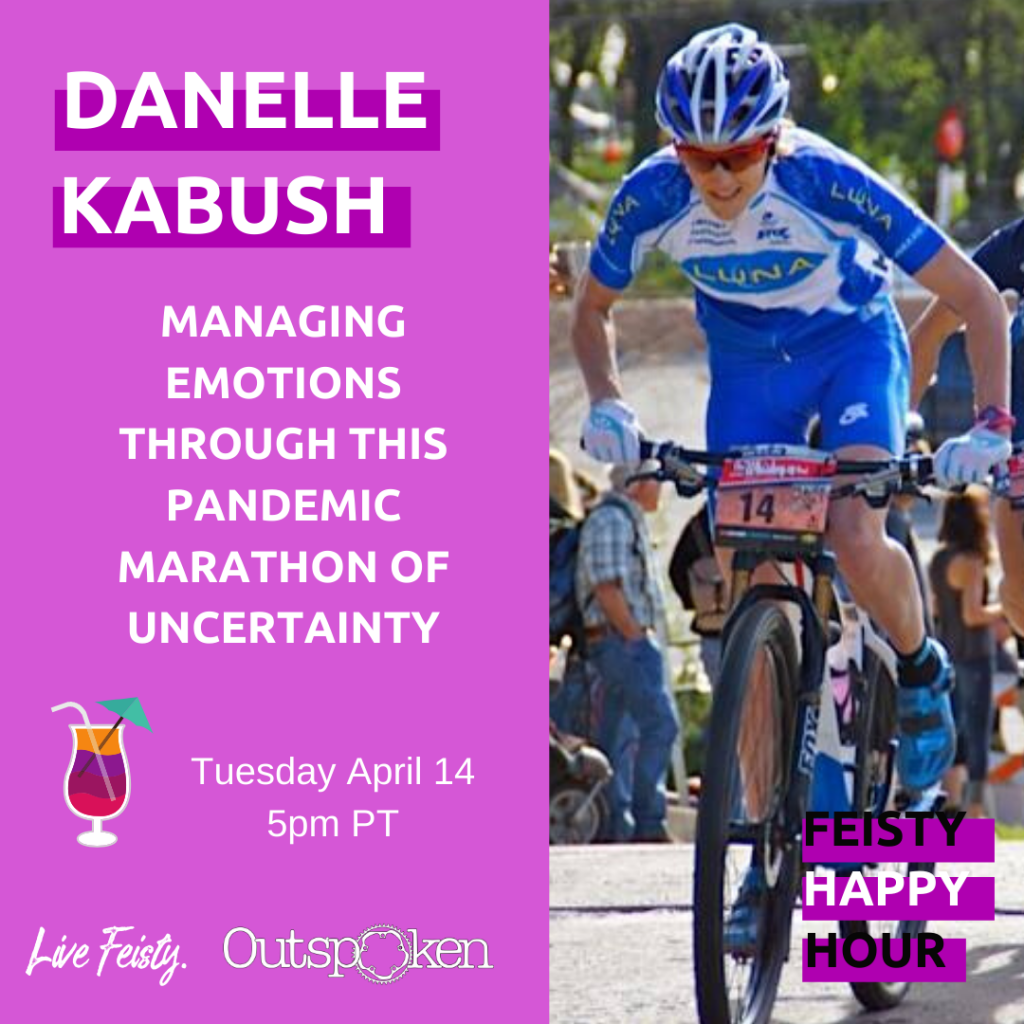
Want to learn more about managing your mind during these times from Danelle? Join Live Feisty and Outspoken on Tuesday, April 14 at 5pm PT for Feisty Happy Hour. You will get the chance to hear Danelle speak and ask questions. Follow the link below to sign up!



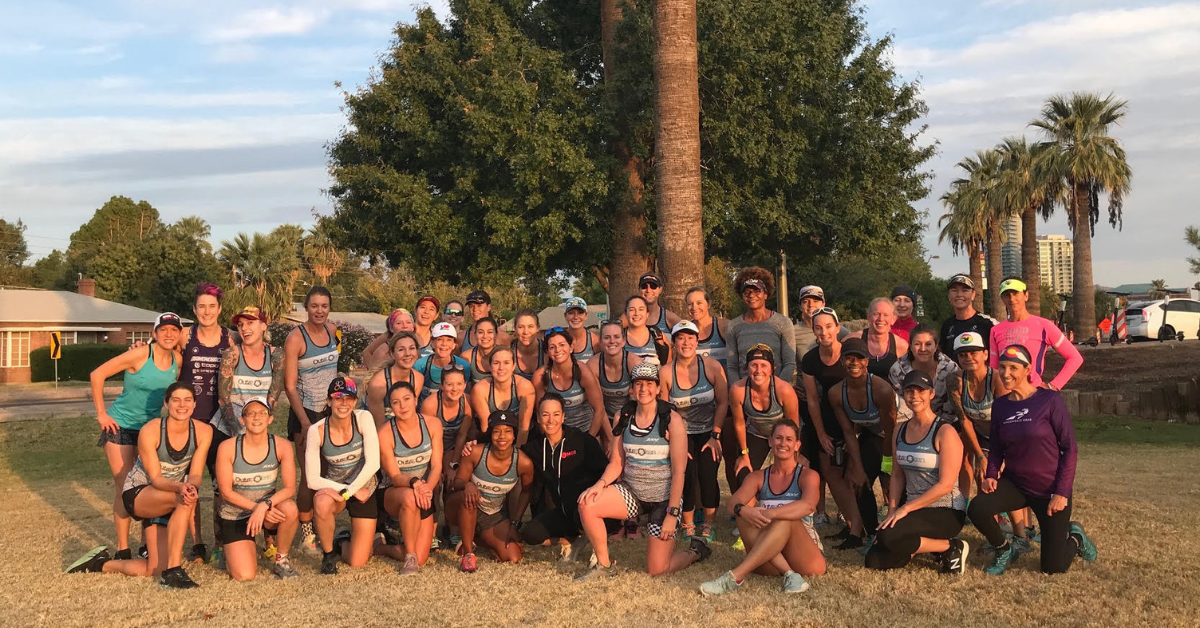 Outspoken Women in Triathlon Summit Returns Bigger than Ever
Outspoken Women in Triathlon Summit Returns Bigger than Ever  Driving the Lamborghini: Productivity and the Power of Paper
Driving the Lamborghini: Productivity and the Power of Paper 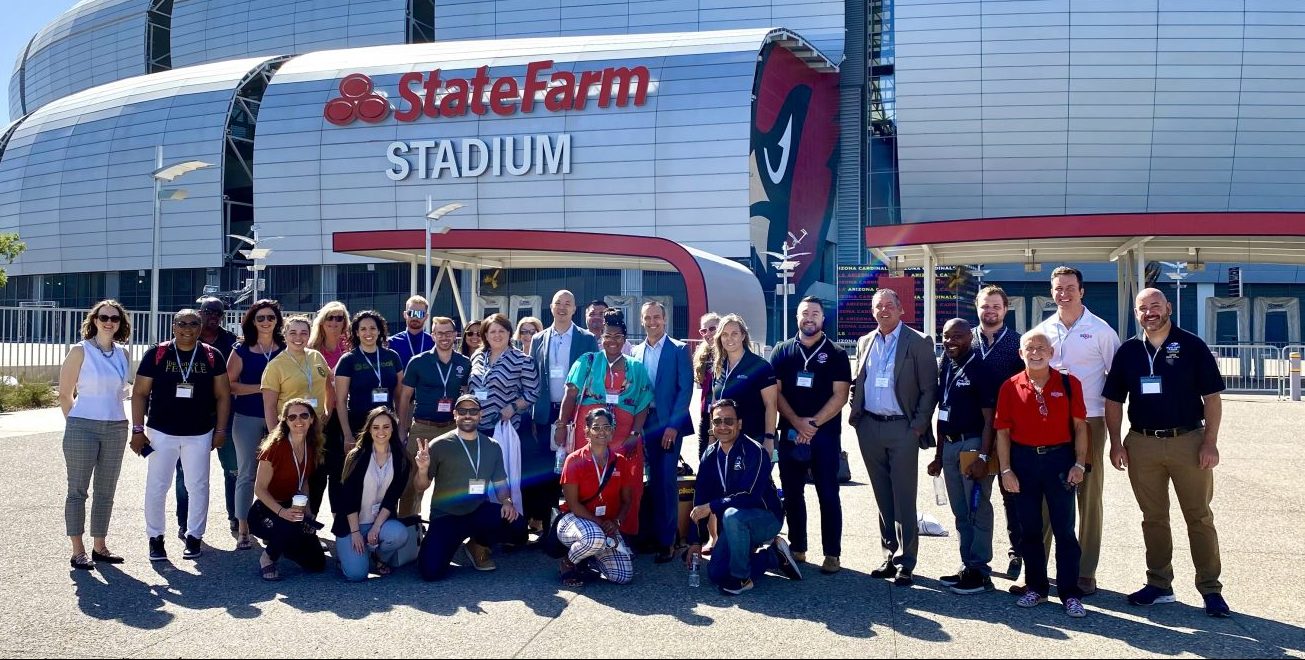 5 take aways from the Compete Sports Diversity Summit
5 take aways from the Compete Sports Diversity Summit  Simple Tips to Hone Your Bike Handling Skills
Simple Tips to Hone Your Bike Handling Skills 

